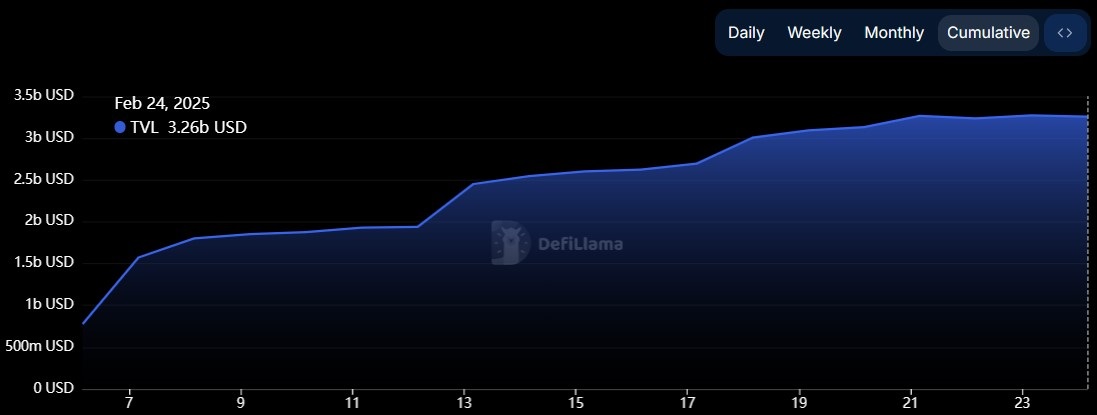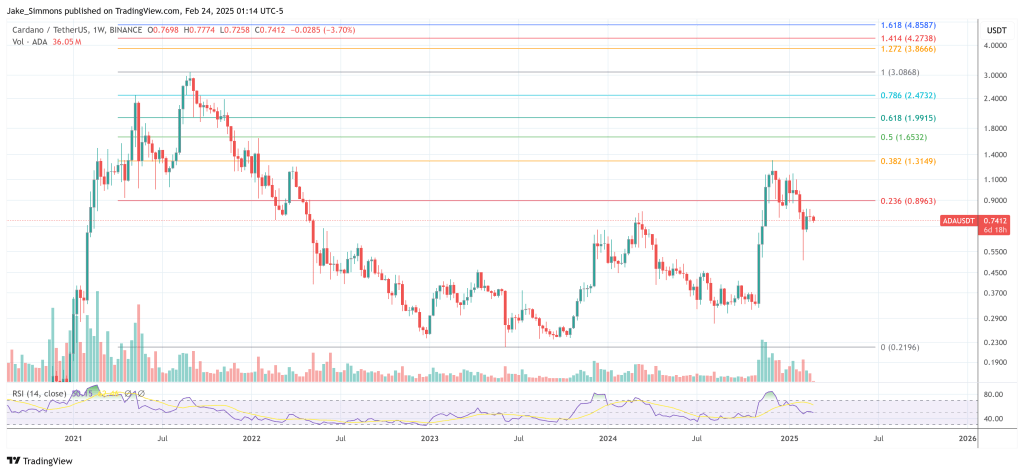
AgBank — the world's third-largest bank by assets — has indicated it will follow the PBoC’s cue and work to stamp out its clients’ crypto-related activities.
The Agriculture Bank of China (AgBank) — the world's third-largest bank by assets — is set to implement Beijing’s firm anti-cryptocurrency measures and rigorously vet its clients to ensure they are not engaged in any form of illegal activities involving crypto transacting, trading or mining.
AgBank’s statement today followed the institution’s meeting with the People’s Bank of China (PBoC), which convened major domestic banks and mobile payment service providers and ordered them to ensure that banking and settlement services are denied to clients engaged in crypto-related transactions. An official PBoC statement today reiterated that all banks and payment institutions “must not provide account opening or registration for [virtual currency]-related activities.” It outlined:
“Institutions must comprehensively investigate and identify virtual currency exchanges and over-the-counter dealers’ capital accounts, and cut off transaction funds payment links in a timely manner; they must analyze the capital transaction characteristics of virtual currency trading hype activities [...] and ensure that relevant monitoring and handling measures are implemented.”
In addition to AgBank, the Industrial and Commercial Bank of China, the Construction Bank of China, Postal Savings Bank of China and the Industrial Bank, alongside mobile payments app AliPay, were all present at the PBoC meeting.
AgBank’s statement is the first made by a Chinese state bank in line with the tenor of this year’s renewed suite of anti-crypto measures, which have included the State Council’s Financial Stability and Development Committee’s decision in late May to curtail Bitcoin (BTC) mining amid financial risk concerns.
Regional financial regulators in China have also upped their game and issued warnings against illegal crypto- and blockchain-focused financing platforms or advertising campaigns, as well as banning financial and payment institutions from “directly or indirectly [providing] services related to virtual currencies.”
AgBank has indicated that it will immediately shut accounts and suspend ties with any clients found to be involved in cryptocurrency trading. The megabank initially appealed to its clients to report any suspected crypto-related frauds, although this request has reportedly since been deleted from the bank’s statement.
Related: Bitcoin price dips to $32.5K on 'consistent' new China FUD
Having banned token issuance and crypto trading as early as 2017, during the market’s first major bull run, this year has seen a consolidation of Beijing’s antagonistic stance toward decentralized cryptocurrencies. In mid-May, three major Chinese trade associations — The China Internet Finance Association, China Banking Association and China Payment and Clearing Association — issued a joint statement warning the public about the risks of investing in cryptocurrencies.
Beijing’s major crackdown on crypto mining has cited concerns over the industry’s carbon footprint, especially in areas such as Inner Mongolia. At least three mining firms — BTC.TOP, Huobi and HashCow — have been driven to cease their activities on the mainland. Social media networks and internet companies in the country have also fallen in line with the center’s anti-crypto stance and have, over the last few months, censored crypto-related search results and banned crypto-related profiles.

You can get bonuses upto $100 FREE BONUS when you:
💰 Install these recommended apps:
💲 SocialGood - 100% Crypto Back on Everyday Shopping
💲 xPortal - The DeFi For The Next Billion
💲 CryptoTab Browser - Lightweight, fast, and ready to mine!
💰 Register on these recommended exchanges:
🟡 Binance🟡 Bitfinex🟡 Bitmart🟡 Bittrex🟡 Bitget
🟡 CoinEx🟡 Crypto.com🟡 Gate.io🟡 Huobi🟡 Kucoin.




















Comments